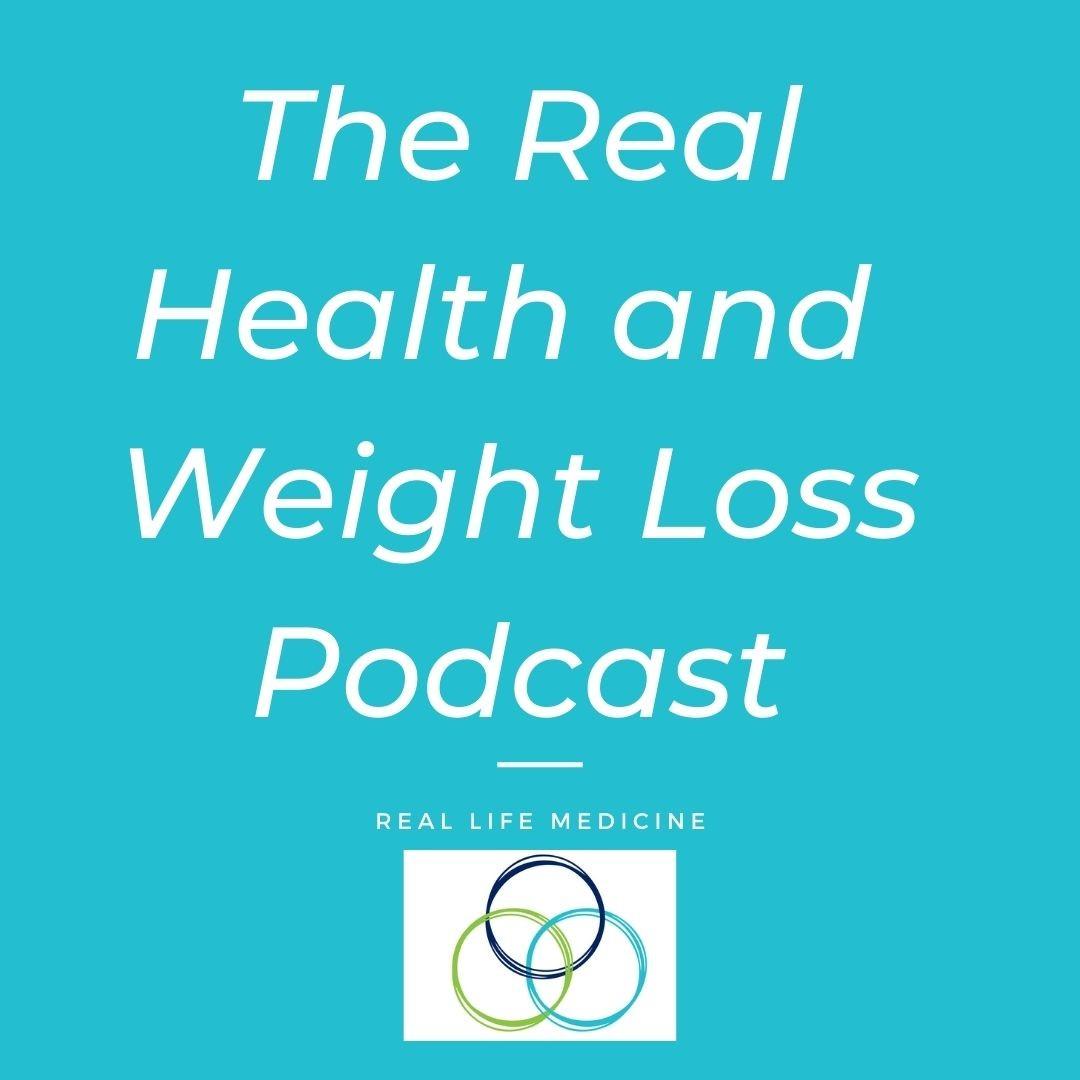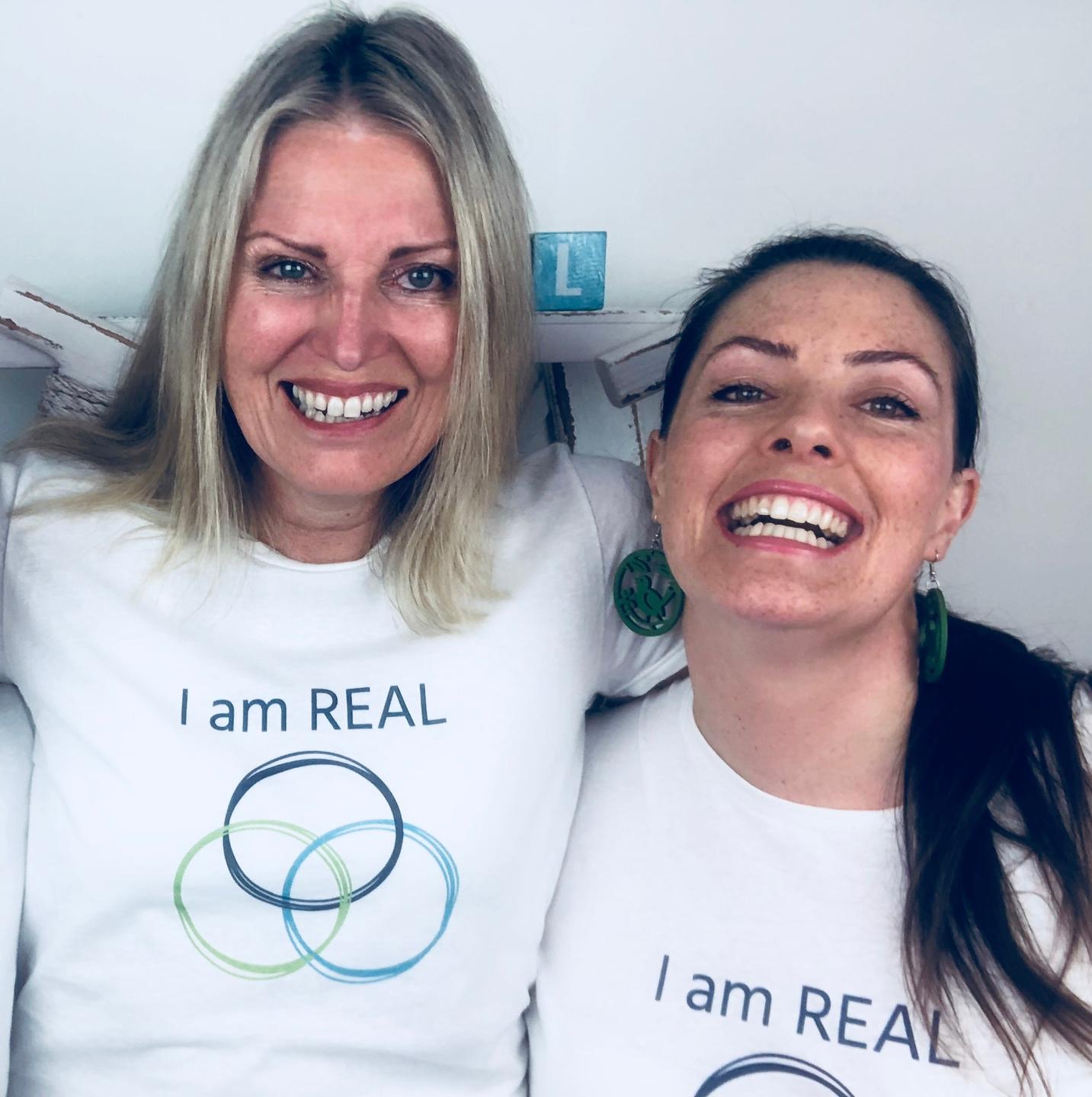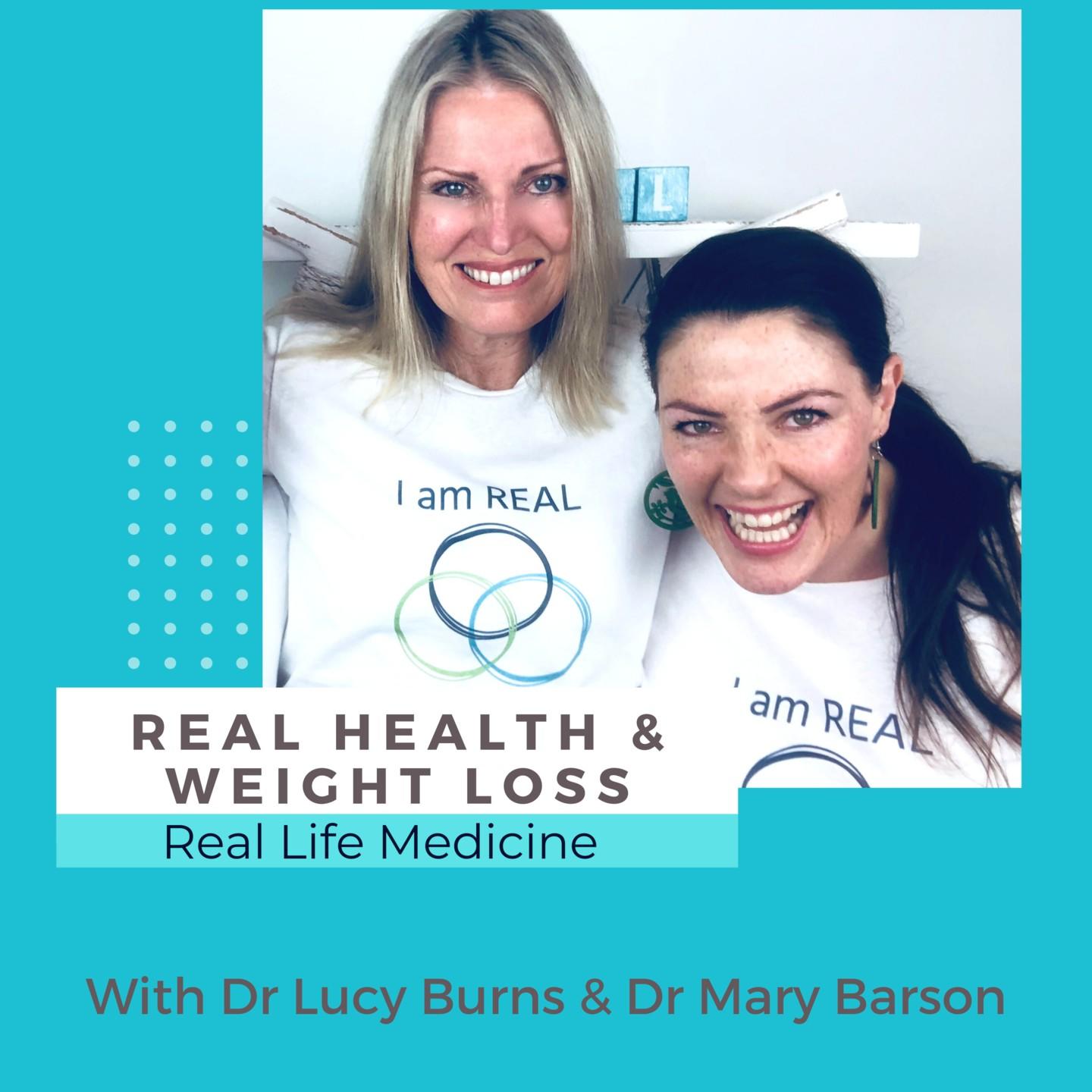



Episode Fifty
- What is oxidation? A natural process that occurs in our bodies and in the environment around us. Examples include when iron rusts or fruit browns when cut open.
- Oxidative damage - This occurs when harmful molecules (free radicals), that are created during oxidation, are out of balance.
- What are free radicals? An uncharged molecule with an unpaired electron in its outer valence, that is desperate to be paired with another electron.
- What are antioxidants? They give an electron to the free radicals, which neutralises them.
- When antioxidants and free radicals are in balance then this is a healthy state.
- Where can you find antioxidants - Vitamin A and C, rainbow of vegetables, animal products.
- Avoid seed oils as high in oxidative damage - canola, soybean, safflower, sunflower, vegetable oils etc
- Increase antioxidants - Obtain them from nutrient-dense whole food as close as possible in its natural form.
- Cigarette smoking - generates large amounts of free radicals and increases oxidative damage.
- Environmental toxins - These also increase oxidative damage. Such as excessive alcohol, pollution, radiation, excessive sunbaking.
Top 5 ways to reduce oxidative damage
- Eat real food
- Quit smoking & stop drinking excessive alcohol
- Quality sleep
- Stress management
- Movement







